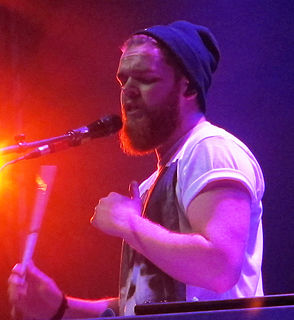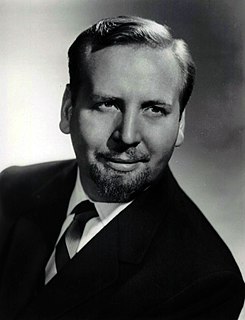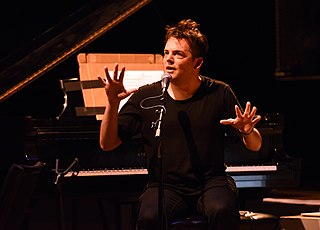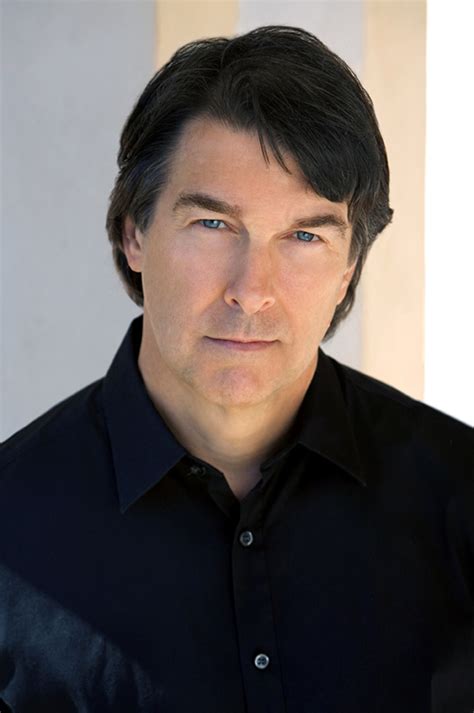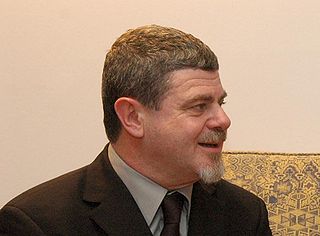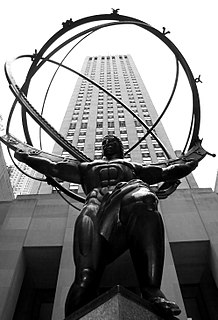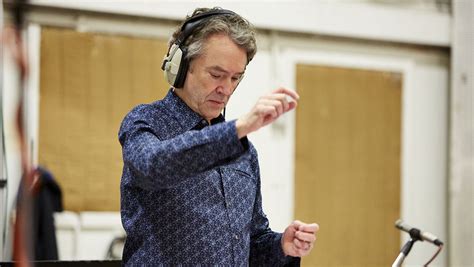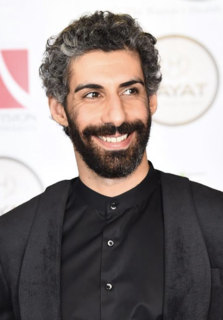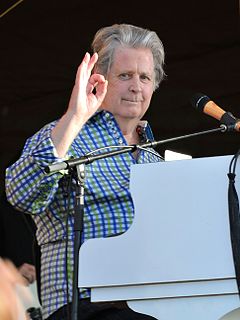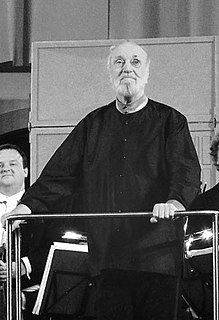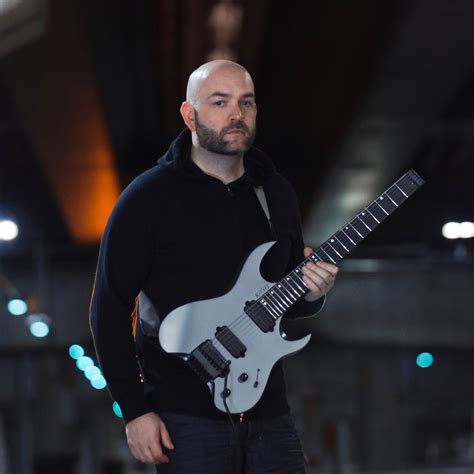A Quote by Jack Garratt
I'm fascinated by film scores, especially film scores for children's movies because they have to be able to entertain an audience that isn't interested in music yet.
Quote Topics
Related Quotes
My interest in music tends toward being orchestral music. And the repertoire of music that exists is, to me, far more emotive than what is standardly used in movie scores. That isn't always. I think there've been some excellent movie scores by excellent directors. But for the most part, watching a film, one of today's movies, I think that the emotional undertone of movie scores is pretty poor.
Album sales have collapsed, with few artists making money from albums; touring is more lucrative. But I'm 53 now and won't be able to tour forever, so a logical step is to get into writing film scores. Trouble is, you need to be somewhere which has a big film industry - another reason why I'm thinking about living in California.
